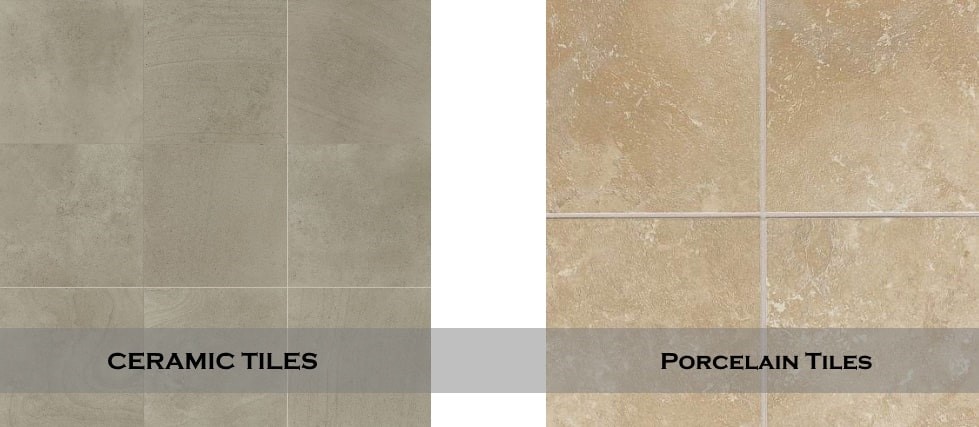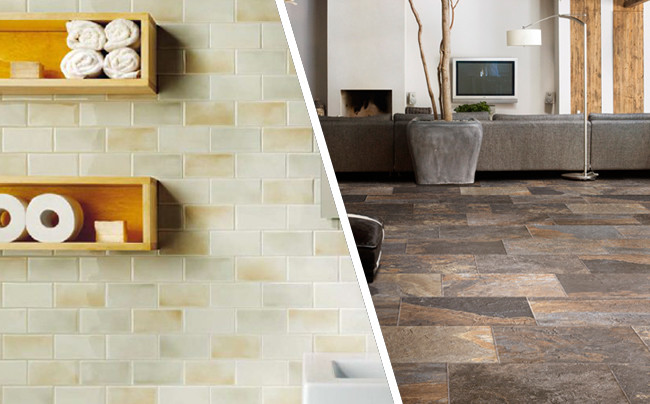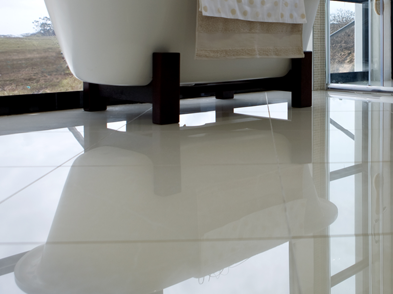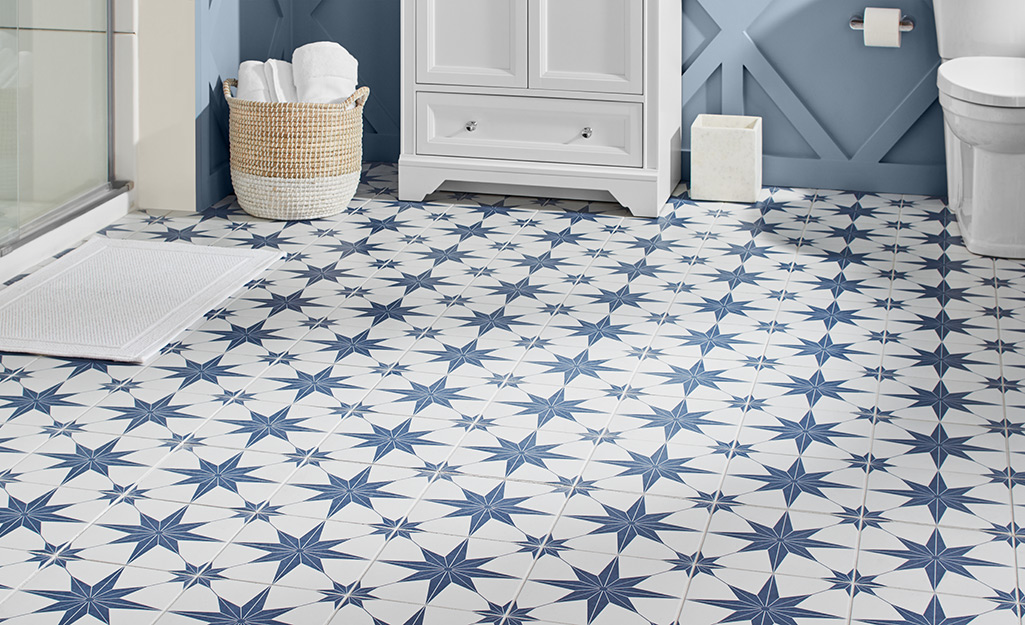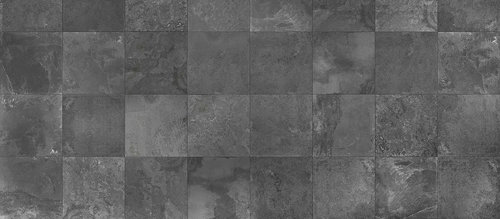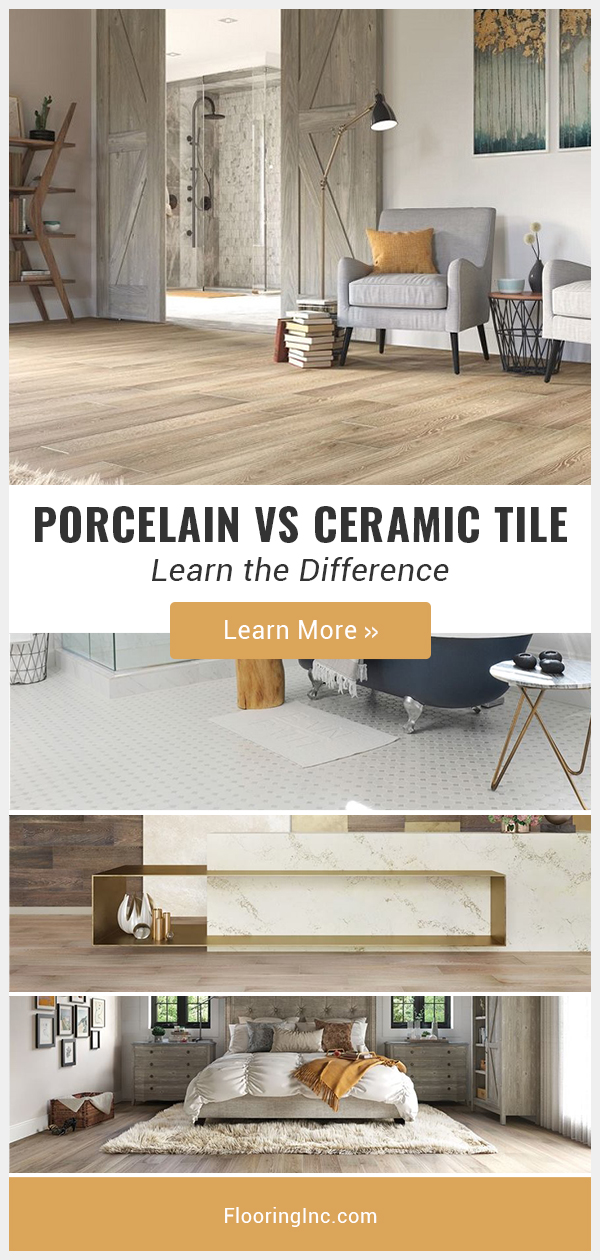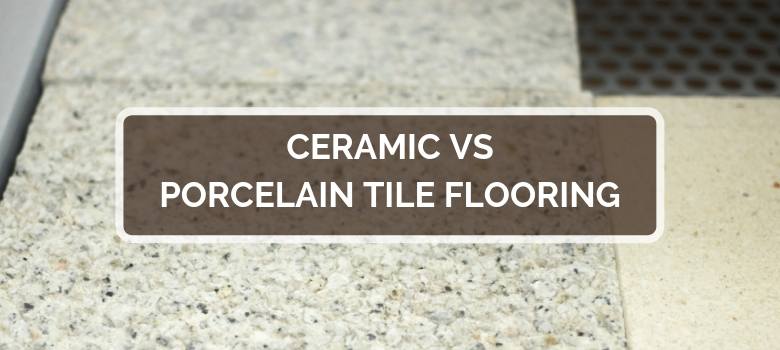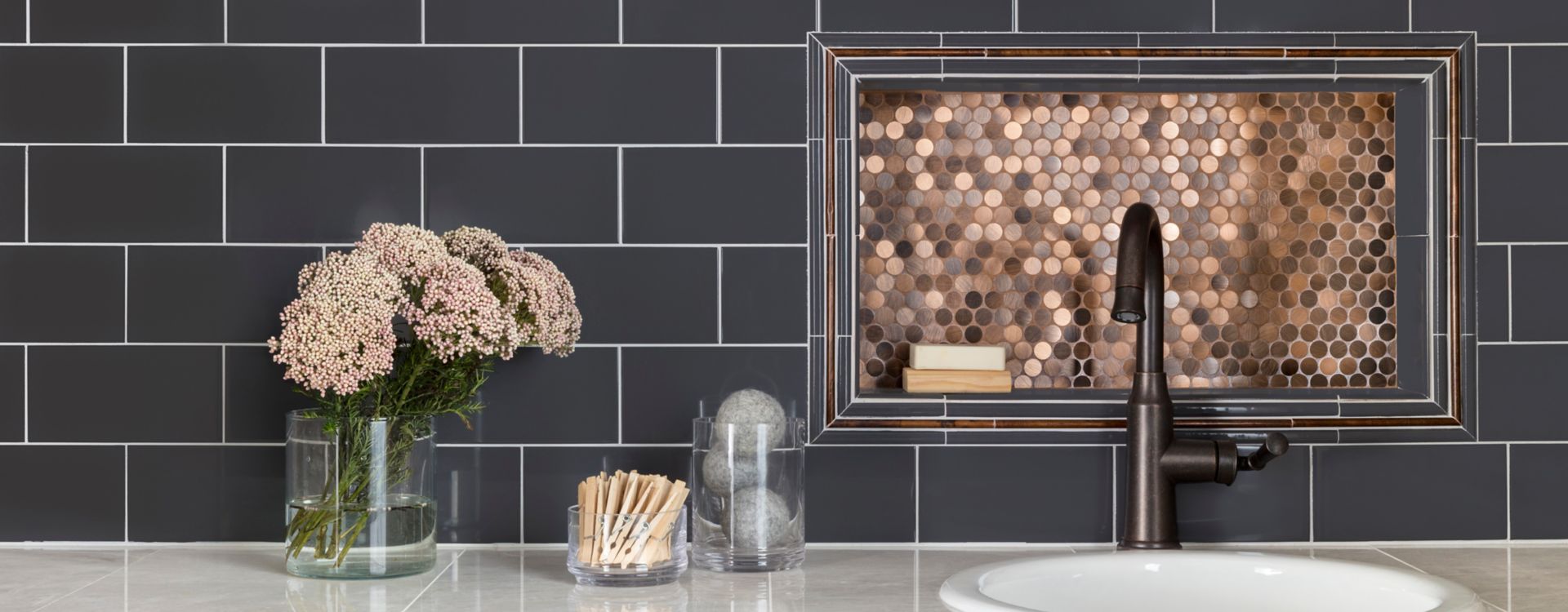Known as the most durable type of tile on the market porcelain is harder denser tougher and less porous than ceramic tile.
Is porcelain tile heavier than ceramic tile.
While ceramic tile is porous and needs to be glazed to protect it against moisture porcelain tile has a water absorption rate of less than 0 5.
Porcelain tile is denser heavier and more impervious to water and thus is a better choice than ceramic tile for outdoor locations although outdoor use is recommended only in mild climates.
Versatile ceramic tile comes in finishes ranging from simple to ornate and classic to contemporary.
Porcelain tiles absorb less than 0 5 of water whilst ceramic and other non porcelain tiles will absorb more.
That s why porcelain tile is more expensive than ceramic tile and generally considered to be of higher quality as well.
The clay is denser and so less porous.
That s a good thing for all the reasons listed above but in certain applications say a second story bathroom it s also a bad thing.
The main difference between a porcelain and ceramic tile is the rate of water they absorb.
This makes it denser and more durable than ceramic tile.
Ceramic tile generally is the less expensive option with average prices ranging from 2 to 7 per square foot.
This produces a very dense durable tile.
Porcelain tile is highly dense and only the most experienced flooring professionals should attempt porcelain tile installation.
Cost porousness heat resistance durability and more.
Porcelain tile is slightly higher at an average of 3 to 10 per square foot.
That price difference is offset somewhat by the fact that porcelain tends to outlast ceramic.
Both tiles are made from a clay mixture that s fired in a kiln but porcelain tile is made from more refined clay and it s fired at higher temperatures.
This is down to the stuff used to make porcelain tiles.
Find out whether ceramic or porcelain is better in the following categories.
Weighing the pros and cons of porcelain tile.
Ceramic tile is easier to cut making it better suited for home diy projects.
Again porcelain tile is denser than ceramic tile.
Designed to resist medium to heavy wear group 3 tile is rated for use in residential and light commercial applications.
Porcelain tile has excellent resistance to heat making it a good choice for countertop surfaces.
Homeadvisor s porcelain vs ceramic guide explores the primary differences between the two tiles for kitchen floors bathroom walls showers sinks and more.
Mixtures for porcelain tile includes feldspar silica sand clay and other minerals in varying amounts.


